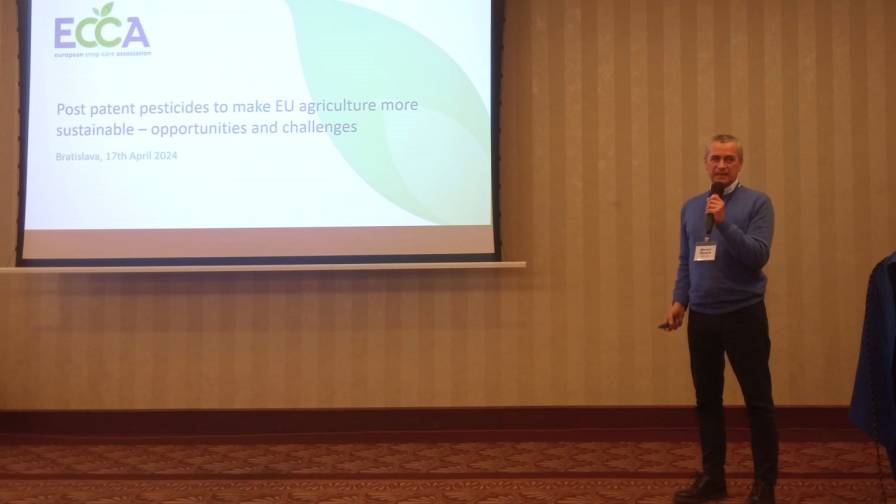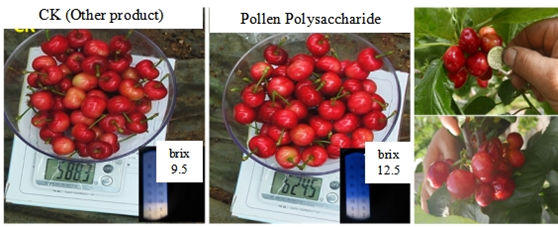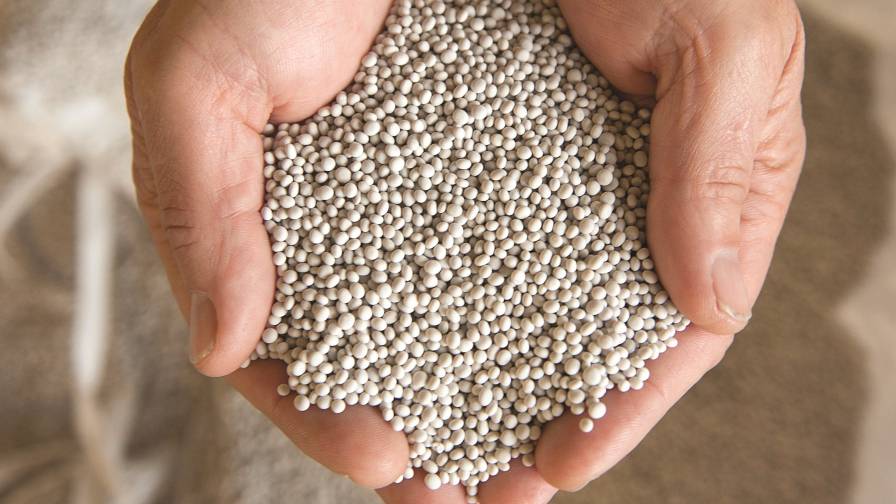The U.S. Battle over Glyphosate Has ‘Old World’ Roots
Although it’s been in use since 1974, glyphosate has come under intense attack here in the U.S. just recently, writes Eric Sfiligoj on CropLife.com. Much of this seemingly stems from the California jury verdict against the herbicide this summer that found in favor of a plaintiff who claimed glyphosate exposure gave him cancer. The jury award in the case, originally $289 million in damages, has since been reduced to $78 million. Even with this smaller amount, the award will undoubtedly be appealed by glyphosate’s current owner, Bayer. And several thousand more such lawsuits are in the legal pipeline, waiting to come to trial.
Yet, many market observers will point out that this questioning of glyphosate’s safety in the New World can be traced back to the Old One, specifically Europe. This was made clear during a special briefing on glyphosate held by Bayer as part of its Future of Farming Dialogue 2018 event in Dusseldorf, Germany, in September. As Bill Reeves, Regulatory Policy and Scientific Affairs Manager for Bayer, told attendees, the war on glyphosate in Europe goes deeper than just distrust of an herbicide.
“This is a political molecule,” said Reeves. “It’s not only a symbol of Monsanto, it’s a symbol of modern agriculture. In the U.S., it’s become a way to drive concerns among consumers about GMO [genetically-modified organism] use. Consumers may not fully understand what GMOs are, but when you bring up the chemicals used to grow them, in this case, glyphosate, that’s an attention-grabbing ploy that has worked.”






